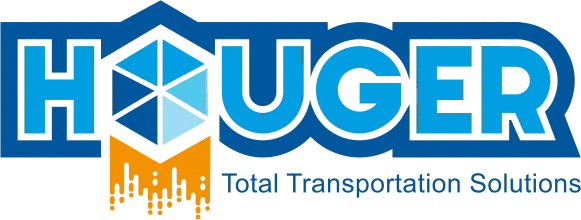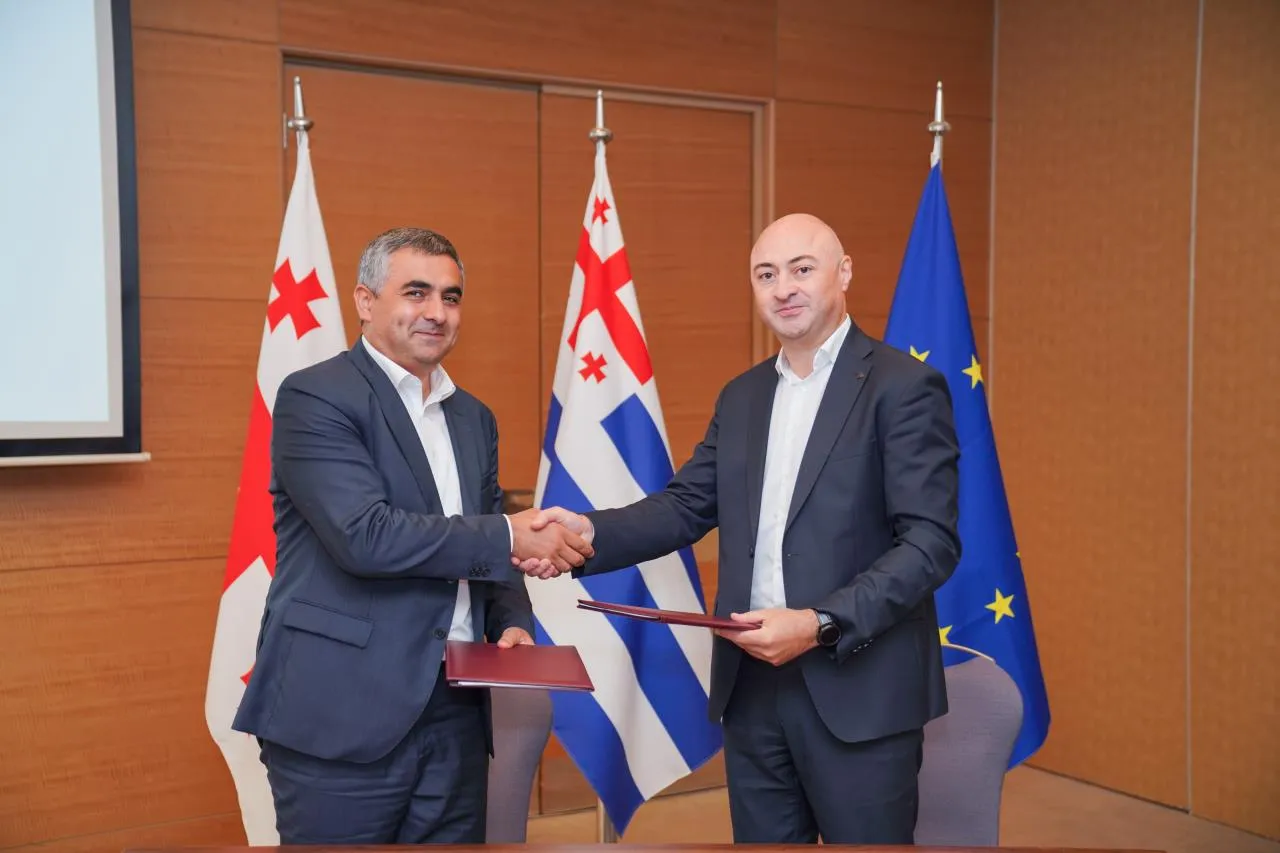By David Rostomashvili, Project Manager, Georgian Industrial Manufacturing (GIM)
When our company, Georgian Industrial Manufacturing, committed to building a new state-of-the-art production facility here in Rustavi, Georgia, we knew the logistical challenges would be immense. The heart of our new plant—a series of highly sensitive, oversized CNC milling machines and robotic assembly arms—was being fabricated by a specialist supplier in Ulsan, South Korea. This wasn’t a standard shipment; it was the lifeblood of our multi-million dollar investment. A delay of a single week would have a cascading effect on project timelines, contractor schedules, and our go-to-market date.
We needed more than a freight forwarder; we needed a true logistics partner who understood the complexities of project cargo, especially into a region like the Caucasus, which has its own unique logistical hurdles. After a rigorous vetting process, we chose Houger International. It was one of the best decisions we made for this entire project.
The initial engagement set the tone. Houger didn’t just give us a quote; they presented a complete preliminary project plan. Their team had already conducted a route survey, outlining a multi-modal strategy: ocean freight from the Port of Busan to the Port of Poti here in Georgia, and then specialized low-bed trucking for the final leg to Rustavi. They had proactively identified potential chokepoints, including specific bridge weight limits on the final route and the coordination required for a police escort for the oversized loads. This level of detail, before we had even signed a contract, was what sold us.
Our machinery was valued at over $15 million and was extremely sensitive to shock and vibration. The Houger team worked directly with our Korean supplier to oversee the specialized crating and rigging process. They specified the exact lashing requirements for the sea journey and ensured that shock and tilt indicators were placed on every crate. We weren’t just given a tracking number; we were given access to a dedicated portal showing us real-time GPS data, plus updates and photos from their agents on the ground in both Busan and Poti. This transparency was incredible. I never had to chase them for an update; their project manager, a wonderful professional named Elena, was in constant communication.
The real test came when the vessel was due to arrive in Poti. We received a notification from Houger—not about a problem, but about a potential one. Elena informed us that there was a forecast for unusually high winds at the port, which could delay the delicate offloading process by up to 48 hours. Instead of just waiting, she presented a contingency plan. Houger had already put a specialized crane team on standby and pre-booked a priority slot at the terminal to mitigate the potential delay.
As it turned out, the weather cleared faster than expected, but their proactive planning meant our cargo was the first to be offloaded and cleared once operations resumed. The transfer to the trucks was seamless, and the final delivery to our site in Rustavi was executed flawlessly. The machinery arrived in perfect condition, on the exact day it was scheduled, allowing our installation contractors to begin their work without a single hour of delay.
In the world of industrial projects, logistics is often viewed as a source of risk and unforeseen costs. Our experience with Houger International completely inverted that expectation. They transformed a complex, high-risk shipment into a seamless, transparent, and perfectly executed operation. They weren’t just a vendor; they acted as a dedicated extension of our own project team, demonstrating a level of professionalism, foresight, and commitment that is exceptionally rare.
For any company undertaking a complex industrial project, I cannot recommend Houger International highly enough. They deliver not just cargo, but confidence.

